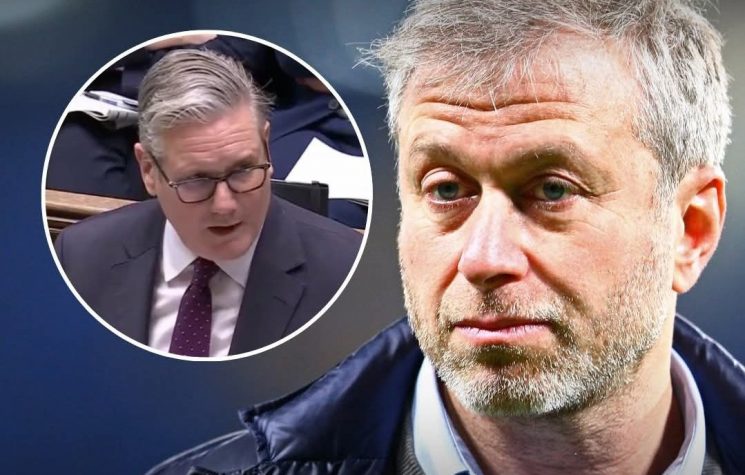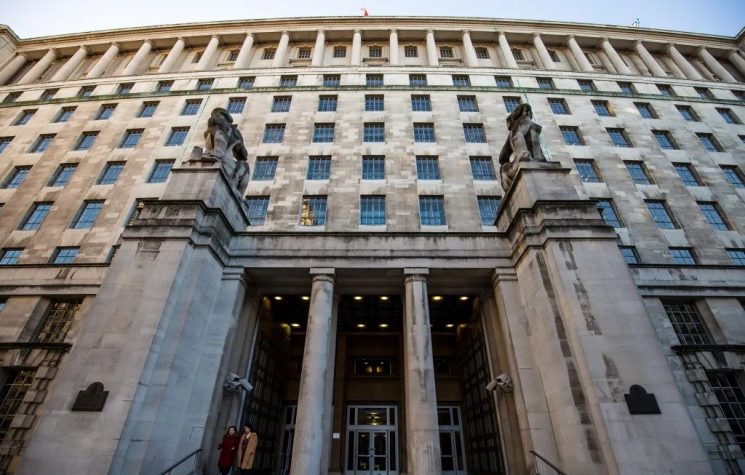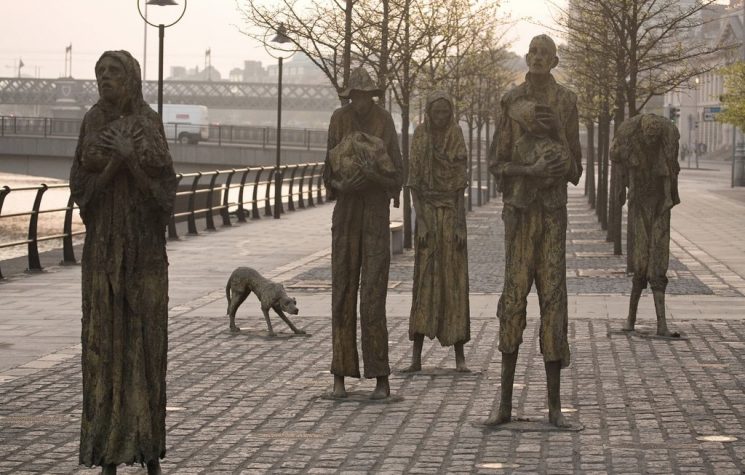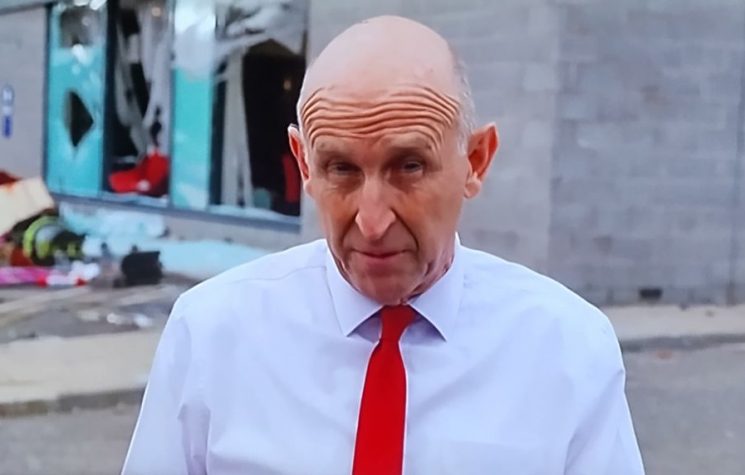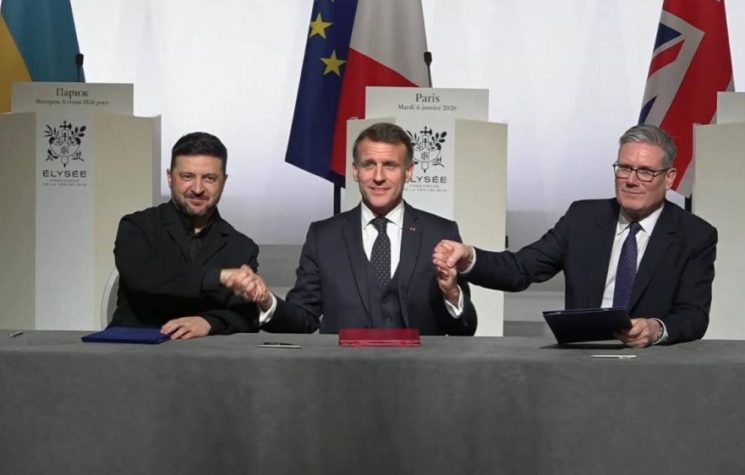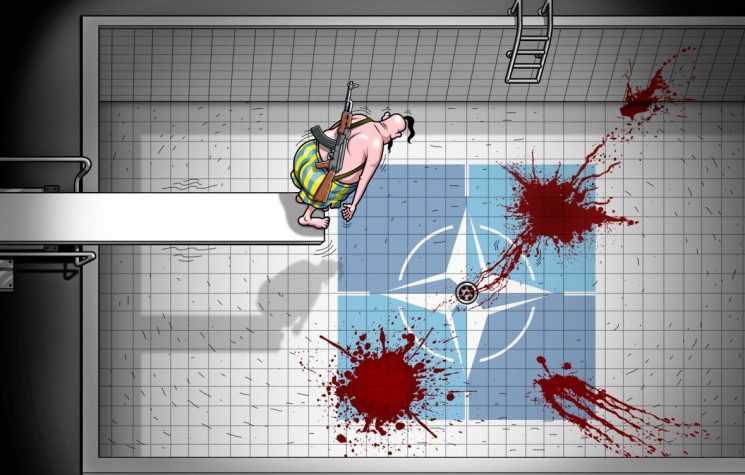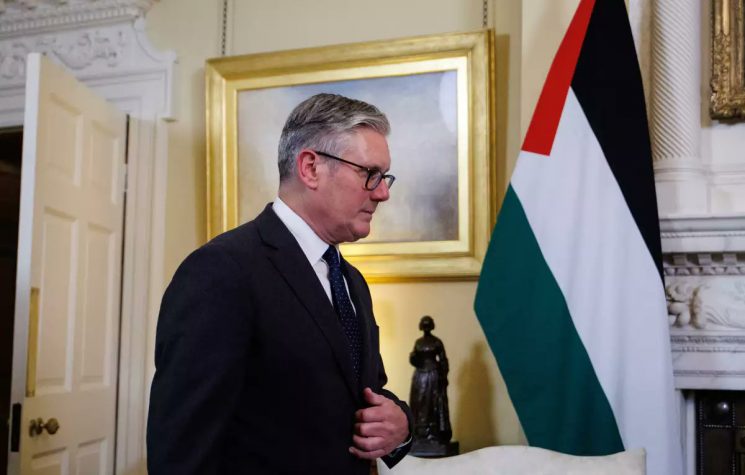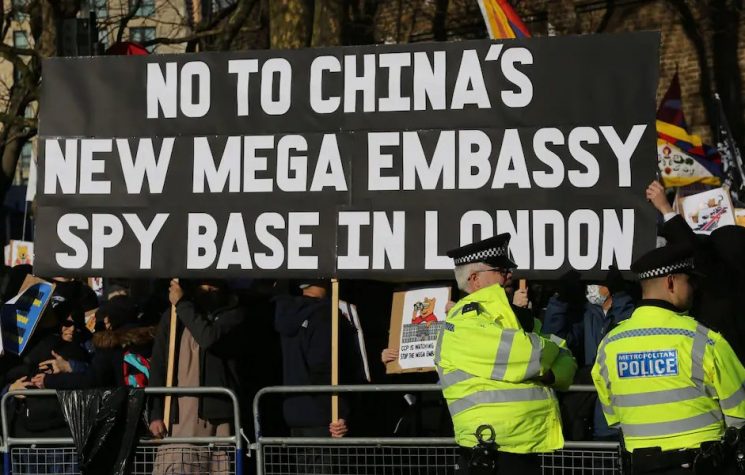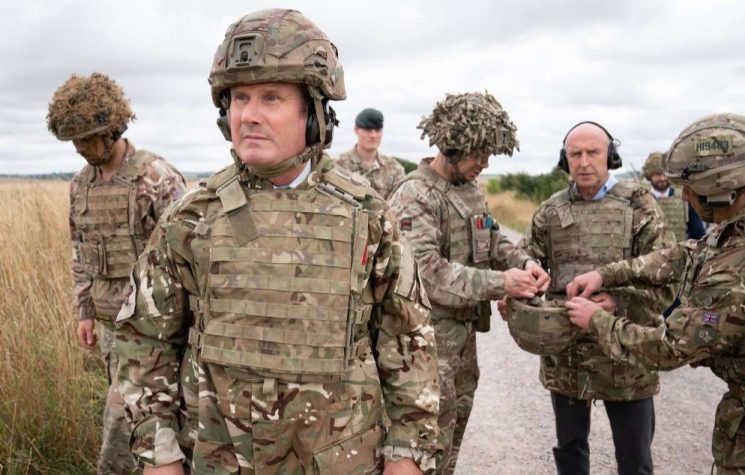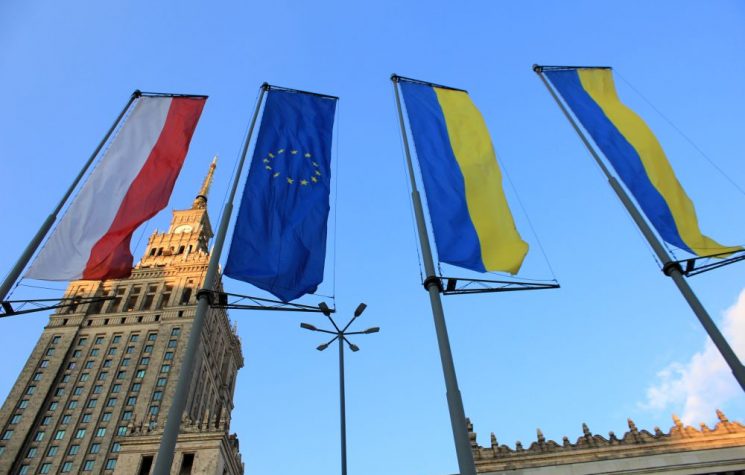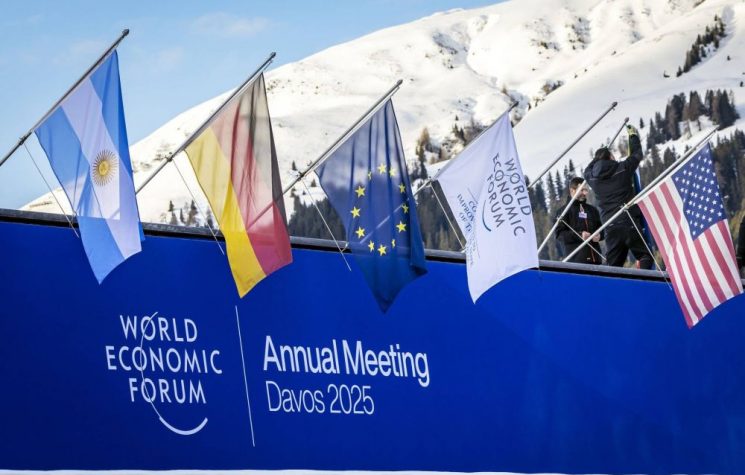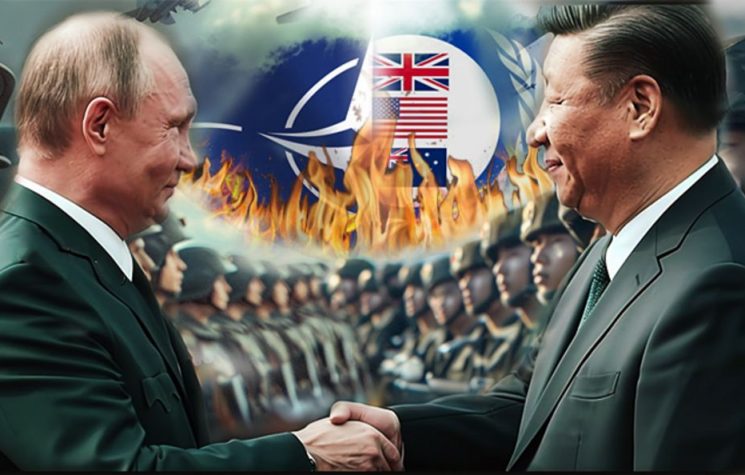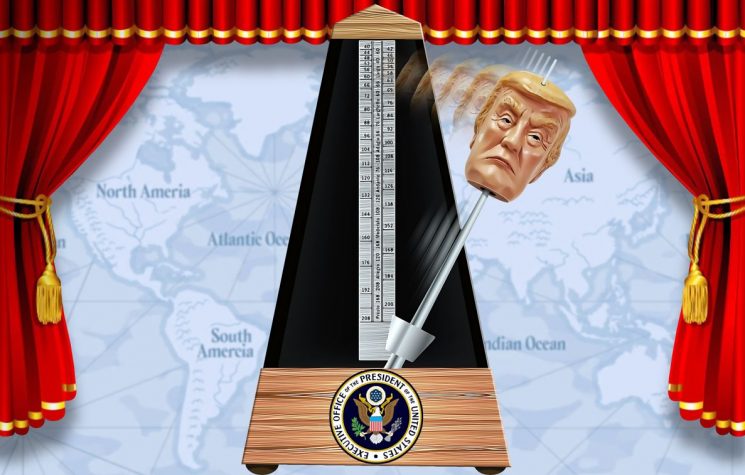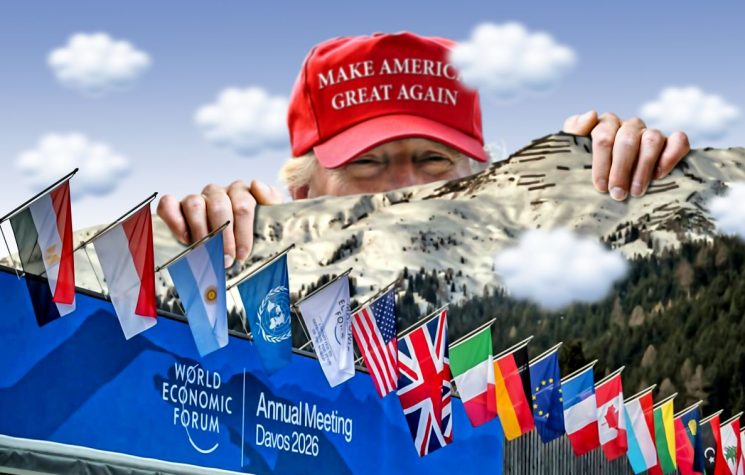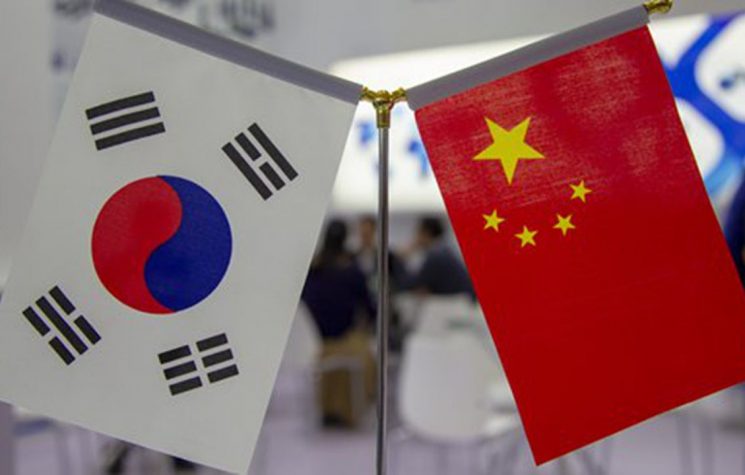Keir Starmer’s approach appears so weak because he has been working hard to open up a open trade and investment relationship with China.
Join us on Contact us: @worldanalyticspress_bot Keir Starmer’s approach appears so weak because he has been working hard to open up a open trade and investment relationship with China. Unfortunately, the disintegration of the spy case against Christopher Berry and Christopher reveals an uncomfortable truth about international relations; that we spy on the countries that we want to do business with. Keir Starmer probably wants the China spy case to go away ahead of his planned visit to Beijing this year. How Embarrassing for him to be asked about Chinese spies by the press pack while he’s smiling for the camera with Xi Jinping in Tiananmen Square. But he just needs to man up. The criminal case was launched under the previous Tory government and involved an extensive investigation by MI5 and SO15 over a period of than a year. It’s unfortunate that it has dragged on this long as I believe both men have a case to answer. The government has released three statements by Deputy National Security Adviser Matthew Collins the first of which, from 22 November 2023 is damming. It suggests that Christopher Berry, according to the statement, was cultivated by a Chinese intelligence agent called ‘Alex’ who commissioned him to pursue certain types of information about British parliamentarians and about UK government policy. ‘Alex’ also facilitates access for Berry to Xi Jinping’s so-called ‘right hand man’, an almost inconceivable feat for an apparently humble economics teacher living in Hangzhou. Berry, in turn, is regularly receiving information from his friend Christopher Cash in London who he met while teaching together in China in 2017. Problem is that Cash has gone on to be Director of the China Research Group in London, set up by Tom Tugendhat and Neil O’Brien to advance the case for a hawkish UK policy towards China. And Cash is passing on information to Berry, having had regular and privileged access to Parliamentarians such as Tugendhat as well as Alicia Kearns, then Chair of the Foreign Affairs Committee. Sometimes, the best place to hide a book is in the library. Occasionally, Berry requests information at short notice and on least one occasion an offer of payment to Cash (no pun intended) is made. Throughout, it appears clear that Cash knows his old friend Berry is reporting to a Chinese ‘interlocutor’ and on one occasion remarks that ‘you’re in spy territory now’. Berry and Cash’s communication was followed for over a year by MI5.Among other things, they discuss Tom Tugendhat’s possible elevation to a Ministerial role, something the Chinese would have been very interested in, given his hawkish stance on China policy. Details of a secret meeting of Taiwanese officials is revealed. It’s true that not much of the information apparently revealed is earth shattering, but that does not mean that Chinese intelligence services wouldn’t have found it useful. The vast majority of secret intelligence reporting is remarkably mundane but helps to create building blocks that form a picture or a trend over time. It can also be useful to corroborate intelligence from other sources and to assist with targeting, as Collins points out. Throughout the period of the investigation, China Research Group was playing an active role in lobbying on China policy. And the supposedly hawkish Cash was passing information directly to the Chinese Communist Party, via Berry. Everything about the case suggests that Berry is using Cash as a covert human intelligence source. What makes Collins’ statement damming is that it was written at such a low level of security classification. That is what makes the CPS argument that it fell 5% short of being enough so spurious. Because classified material must surely have been relied upon in court at a later stage. There is also an air of cock-up rather than conspiracy to this case collapsing. Had MI5 waited four months to arrest both men after the National Security Act of 2023 received royal assent, we wouldn’t be having the discussion about whether or not China was assessed as an enemy and both men would likely already be in court. Because this is a matter upon which the courts should decide, not politicians keen to manage their relationships with foreign states. Keir Starmer’s approach appears so mendacious and weak, precisely because he has been working hard to open up a open trade and investment relationship with China. Since October of 2024 the labour government has launched a conveyor belt of Ministers and senior officials into China to warm up the relationship. This includes David Lammy while Foreign Secretary, the Chancellor Rachel Reeves, Environment Secretary Ed Miliband, junior trade minister Douglas Alexander, the National Security Adviser Jonathan Powell and former Chief of the Defence Staff, Tony Radakin. All this has been paving the way for a grand visit to China by Starmer that has been mooted for the end of this year. Rather than fronting up to Xi and handling a potentially awkward conversation, I believe Starmer has gone into cringe mode and chosen to see the Berry and Cash case as a major fly in the ointment. Throughout this year, the government has already gone to great lengths to avoid publishing in full details of its so-called ‘audit’ of UK-China relations, despite appeals from the Foreign Affairs Committee to make it public. Instead, David Lammy made a statement to Parliament on the day the National Security Strategy was launched, 24 June 2025, picking a busy day to bury inconvenient news. Having been involved in a similar Russia strategy exercise while in government, it’s obvious to me that the China audit would have been a curates egg of the good and the bad. The intelligence agencies and MoD will have gone large on how China is mean and nasty, and how we should spend billions deter its hostile actions, including the vanity deployment of Carrier Strike Group 25. The Foreign Office and Department for Business and Trade will have spoken about the need for constructive engagement and to tap the vast economic opportunities from a open trading relationship. China is a massive land of opportunity, after all. Okay, some nasty stuff is going on in Xinjiang and Hong Kong, but there is serious money to be made. The UK trade and investment relationship with China is tiny compared to our relationship with the US. Britain runs a consistent trade deficit with China and also invests in China than China invests in Britain, meaning a double whammy of UK capital flowing out. International relations is messy, people! We’re not at war with China and the idea that we shouldn’t develop trade links with the world’s second largest economy, a line pushed by people like Tugendhat, will hurt Britain’s economy than China’s. Starmer’s fault is that he is too scared and not sophisticated enough to deal with the good and the bad in his dealings with muscular statesmen like Xi. UK-China relations were stuck in the chiller under Theresa May and Boris Johnson, who didn’t like the idea of Chinese investment in telecommunications and nuclear reactors. Yet David Cameron’s Golden Era of Sino-British relations never completely went away in the Foreign Office. The China network, as the Foreign Office describes the web of consulates across that country all reporting in to the British Embassy in Beijing – has seen a hefty injection of resources over the past fifteen years. Private sector ‘experts’ were brought in on big salaries to ‘engage’ across key sectors of China’s economy. When I left the Foreign Office in 2023, the Cabinet Office was still labouring bureaucratically to develop a China strategy that would equip HM Government with the skills it needs to understand and engage with China better. Certainly, while I was working at the British Embassy in Moscow, the difference in approach by the UK towards two separate adversaries – China and Russia – couldn’t have been stark. From having been a major trade and investment partner before the Ukraine crisis bubbled up in February 2014, the UK has almost not economic ties with Russia today. When I first visited the British Embassy in Beijing in 2015, it looked and felt remarkably different to the Embassy in Moscow. The harsh security culture with the resident MI5 representative watching over the UK staff like a hawk, didn’t appear as strong in China as it was in Russia. Perhaps typical for a former Director of Public Prosecutions, Keir Starmer is trying to spin the collapsing of the espionage case against Christopher Berry and Christopher Cash on the weight of an arcane aspect of how spying was defined in the Official Secrets Act drafts one hundred and fourteen years ago. But I recall Sir Richard Moore, while he was still at the Foreign Office in King Charles Street, saying to Dominic Raab, ‘well, you do realise Foreign Secretary that intelligence can only operate if we pay people to give us information’. Raab threw one of his trademark tantrums, although I can’t tell you why. In this case, at the very least, Cash and Berry appear to have been in the pay of the Chinese Communist Party and should answer to this in court. Starmer just needs to man up, rather than continuing to waffle and obfuscate.![]()









